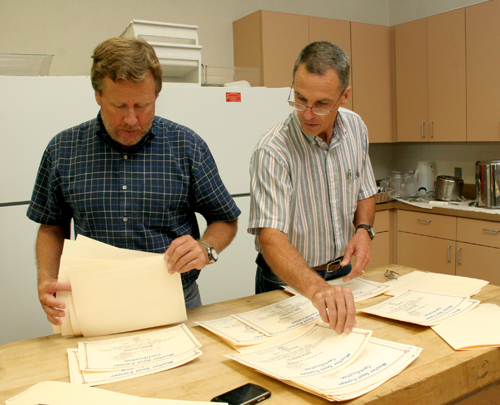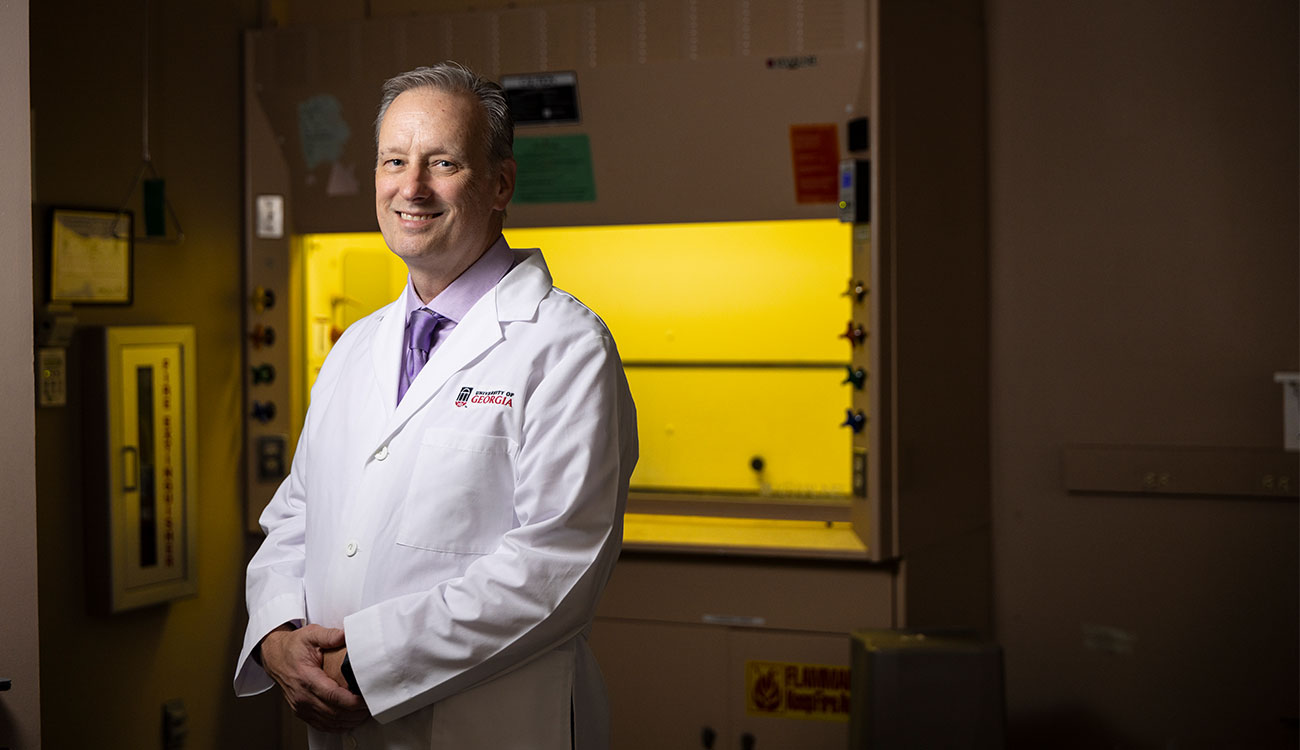A boom in demand and an economic need to diversify has many Georgians looking to produce goat meat. To meet the informational need, University of Georgia Cooperative Extension recently graduated its first ever class of Master Goat Farmers.
Seventy-five people, mostly from northeast Georgia, attended the program in Athens, Ga., Organizers expected 35 to 40 participants.
“I think now we’re going to get a lot more requests for information,” said Banks County Extension coordinator Bob Waldorf, “because a lot of people found out about the Master Goat Farmers program late and realized we are providing education on it.”
Elbert County Extension coordinator Clay Talton had 13 farmers travel 45 minutes from Elberton to Athens for the 6-week program. A Coweta County farmer traveled two hours each way.
Goat farming “is a relatively new farming system for a lot of people who are here,” Talton said. He used the meetings as a way to gauge the need in his county for more goat production education.
“The clientele who need this information are definitely there,” he said.
The Master Goat Farmer program covered basic information on nutrition, goat selection, reproduction, birthing, predator control, health, diseases, carcass evaluation and marketing. The main emphasis was on goat meat production, but they also briefly covered dairy goats.
Jasper County Extension agent Lucy Ray assisted with the meetings so that she could better help goat farmers in her county.
“The goat meat market went down when the economy tanked,” she said, “but it seems to be coming back fairly strong. I had a producer tell me that it’s as strong now as it ever was.”
Goat meat production in Georgia is increasing thanks to the influx of people from Hispanic and Caribbean countries and those of Muslim faith. Goats were a $16.4 million business in 2009, almost $10 million more than in 2001.
Hispanics are the fastest growing minority group in Georgia, said UGA Extension livestock economist Curt Lacy, who taught the group about marketing. Eight percent of people in Georgia are now Hispanic or of Hispanic decent. Muslims make up 2.1 percent of the state’s population, and most of them are African-Americans.
“Everybody in the world eats goats except us,” said Washington County Extension coordinator Sidney Law. “In Atlanta, Ga., 2,500 goats are eaten weekly by somebody.”
Producers only need between 5 and15 acres to raise goats, Lacy said. He added that the increase in goat farming is partly due to the “whole movement of going back to simpler, smaller farms, old-school type of food and a renewal and interest in all different types of foods.”
“And when you watch Food Network and see people mention goat meat or goat cheese, there’s suddenly an interest there,” Lacy said.
Monroe County goat farmer Jerry Norton got into the business one goat at a time.
“We had a horse and wanted a goat to be its friend,” he said, after saying his granddaughters and daughter initiated the goat purchases. One goat led to another. Now he and his wife have 15.
“The two-year-old and eight-year-old like to say that ‘Poppy’s in the goat business,’” said Norton, who’s a retired insurance adjuster. “We’ve had good times and bad. Now they’re all like dogs running around. They want to get in the golf cart with me, and we take them on walks in the evening.”
Norton raises goats for meat. But before he could sell them, he and his wife had to figure out how to keep them healthy and alive. They initially “would get on the Internet and learn stuff, and my wife read veterinary books, and we got lots of hands-on learning experience,” he said.
Now they’ve got more experience and, with the start of the Master Goat Program, more people to turn to for information.
Because of the interest, Extension agents are planning a second Master Goat Farmer program. They’re considering starting goat meat education programs in their own counties, which include Jackson, Jasper, Greene, Banks, Elbert, Stevens, Habersham, Madison and Franklin.
For more information about goat farming, call your county Extension office at 1-800-ASK-UGA1 or visit http://www.caes.uga.edu/Publications/pubDetail.cfm?pk_id=6272&pg=np&ct=goat&kt=&kid=&pid=.










